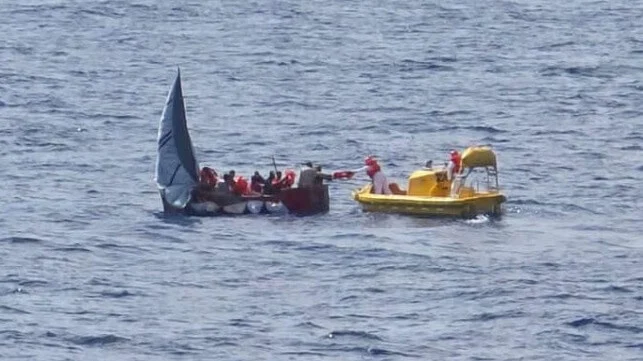Seaspiracy is a 2021 documentary film about the environmental impact of fishing directed by and starring Ali Tabrizi, a British filmmaker.
The film premiered on Netflix globally in March 2021 and garnered immediate attention in several countries .The film received praise for bringing attention to its subject matter and controversy over its scientific accuracy.[3] Some organisations and individuals interviewed or negatively portrayed in the film have disputed its assertions and have accused the film of misrepresenting them.. The film was produced by Kip Andersen, director of the documentary Cowspiracy.
Seaspiracy which making a sensation, made by the team behind the award-winning 2014 film Cowspiracy, which was backed by Leonardo DiCaprio, pours doubt on the idea of sustainable fishing, shines a spotlight on the aquaculture industry and introduces the notion of “blood shrimp”, seafood tainted with slave labour and human rights abuses in spite of its succeful
\
















